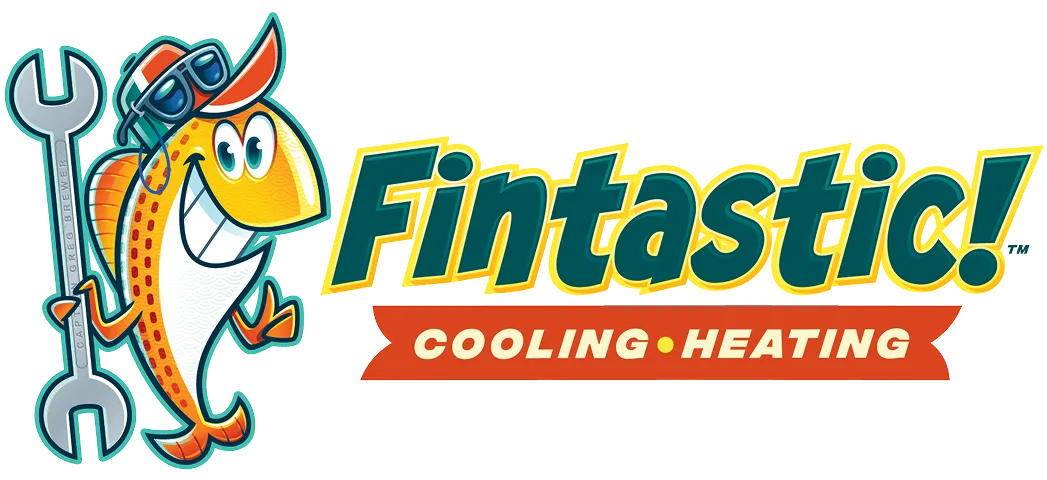Heating Repair in Memorial Village, TX
When your heating system underperforms in Memorial Village, TX, it affects comfort and safety. Even though Houston winters are generally mild, sudden cold snaps, high humidity and storm-related outages make reliable heating important for homes in Memorial Village. Professional heating repair focuses on accurate diagnosis, safe repairs of key components (igniters, burners, thermostats, controls) and clear advice about whether repair or replacement best protects your comfort and budget.
.jpg)
Heating Repair in Memorial Village, TX
Homeowners in Memorial Village report a consistent set of problems that warrant professional attention:
- No heat or intermittent heat — often caused by failed igniters, pilot issues, or control board faults.
- Weak airflow or uneven heating — clogged filters, failing blower motors, blocked ducts or failing air handlers.
- Thermostat problems — incorrect calibration, dead batteries, or wiring/communication failures on smart thermostats.
- Short cycling or frequent on/off cycles — issues with limit switches, refrigerant (on heat pumps), or oversized equipment.
- Strange smells or noises — combustion smells, rattling, or squealing often point to burners, belts, or bearings in need of service.
- Safety concerns — cracked heat exchangers, gas leaks or carbon monoxide risk require immediate inspection.
Diagnostic approach — what a professional will do
A thorough diagnostic process isolates the root cause and prevents repeat visits:
- Initial symptom interview and visual inspection — check filters, vents, thermostat settings and obvious wiring.
- System startup and operational testing — observe ignition sequence, flame quality, blower operation and control responses.
- Electrical and component testing — multimeter checks of capacitors, relays, motors and control boards.
- Combustion and venting inspection (gas systems) — verify proper flame color, draft and vent clearances; test for carbon monoxide if indicated.
- Pressure and refrigerant checks (heat pumps) — check refrigerant levels, reversing valve operation and defrost cycles.
- Detailed report and repair plan — technicians provide a prioritized list of needed repairs, estimated timelines and parts.
Typical parts, repairs, timelines and estimated costs
Repair costs vary by equipment type (furnace, heat pump, ductless mini-split) and model age. Below are common components with typical timelines and ballpark cost ranges to help set expectations. Prices vary by brand, part quality and required labor.
- Igniter replacement (hot surface igniter or spark): Timeline: same-day to next-day. Estimate: $150–$350.
- Burner cleaning/repair: Timeline: same-day. Estimate: $100–$300 for cleaning; more if parts/adjustments needed.
- Thermostat replacement or calibration: Timeline: same-day. Estimate: $100–$400 depending on smart model and wiring complexity.
- Control board or relay replacement: Timeline: same-day to 48 hours (part availability). Estimate: $200–$700.
- Blower motor repair/replacement: Timeline: same-day to 2 days. Estimate: $400–$900 depending on motor type.
- Gas valve or pilot assembly repair: Timeline: same-day to 48 hours. Estimate: $200–$600.
- Heat exchanger inspection/repair: Timeline: inspection same-day; replacement is typically a 1–3 day job. Estimate: replacement often exceeds several thousand dollars and is frequently compared against replacement cost.
- Heat pump-specific repairs (compressor, reversing valve): Timeline: 1–3 days. Estimate: $500–$2,500+ depending on component.
Simple repairs (thermostat, igniter, cleaning) are often resolved during an initial service visit. Larger component failures (heat exchanger, compressor, full blower or control board) require parts ordering and additional time.
Emergency heating repair options in Memorial Village
Memorial Village homeowners may face urgent needs during cold snaps or after storms. Emergency repair options typically include:
- After-hours diagnostics for safety risks (gas smell, no heat during extreme cold).
- Temporary fixes to restore safe heating (replacing a failed igniter or bypassing a faulty control) until full parts arrive.
- Priority scheduling when safety checks indicate carbon monoxide risk or major combustion faults.
Emergency responses emphasize safety checks first: gas leak detection, carbon monoxide testing and secure venting before attempting nonessential repairs.
Warranty, safety checks and service guarantees
Industry-standard practices include:
- Performing safety checks on every gas or combustion system: heat exchanger inspection, carbon monoxide testing, gas leak testing and proper venting verification.
- Documenting work and noting manufacturer warranty status; manufacturer warranties vary by part and model and may still apply for recently installed systems.
- Offering limited labor warranties on repair work (timeframes vary by provider). Ask for written coverage details before work begins.
Technicians should provide clear documentation of replaced parts, serial numbers and visible safety issues discovered during the service.
When replacement is the better option
Repair is not always the most cost-effective choice. Consider replacement when:
- The furnace or heat pump is older than about 12–15 years and requires frequent or costly repairs.
- Heat exchanger damage is diagnosed — repairs may be unsafe or uneconomical.
- The system’s efficiency is low and energy bills are rising, or the system cannot meet heating needs for your home.
- Repair costs approach 50% or more of a reasonable replacement estimate.
- Indoor air quality problems persist despite repairs, indicating aging distribution components or duct issues.
For many Memorial Village homes that rely on heat pumps for year-round climate control, replacing an aging heat pump with a modern high-efficiency unit often improves both winter performance and summer cooling.
Maintenance and long-term benefits
Regular fall tune-ups prevent many emergency repairs and extend equipment life. Key maintenance items include filter changes, burner and blower cleaning, thermostat calibration and checking electrical connections. In Memorial Village, humidity and occasional storm events make seasonal inspections especially valuable to catch moisture-related corrosion and to ensure controls survive power surges.
Timely repairs and routine maintenance improve comfort, reduce energy bills and lower the chance of unexpected failures during cold weather. When weighing repair versus replacement, an informed decision considers safety, ongoing operating costs, expected remaining life and local climate impacts.
This overview gives you a practical framework for evaluating heating repair needs in Memorial Village, TX, from diagnosis and common fixes to safety checks and when to consider replacement.
Customer Testimonials
Our customers praise our exceptional service and attention to detail, consistently exceeding expectations.































































